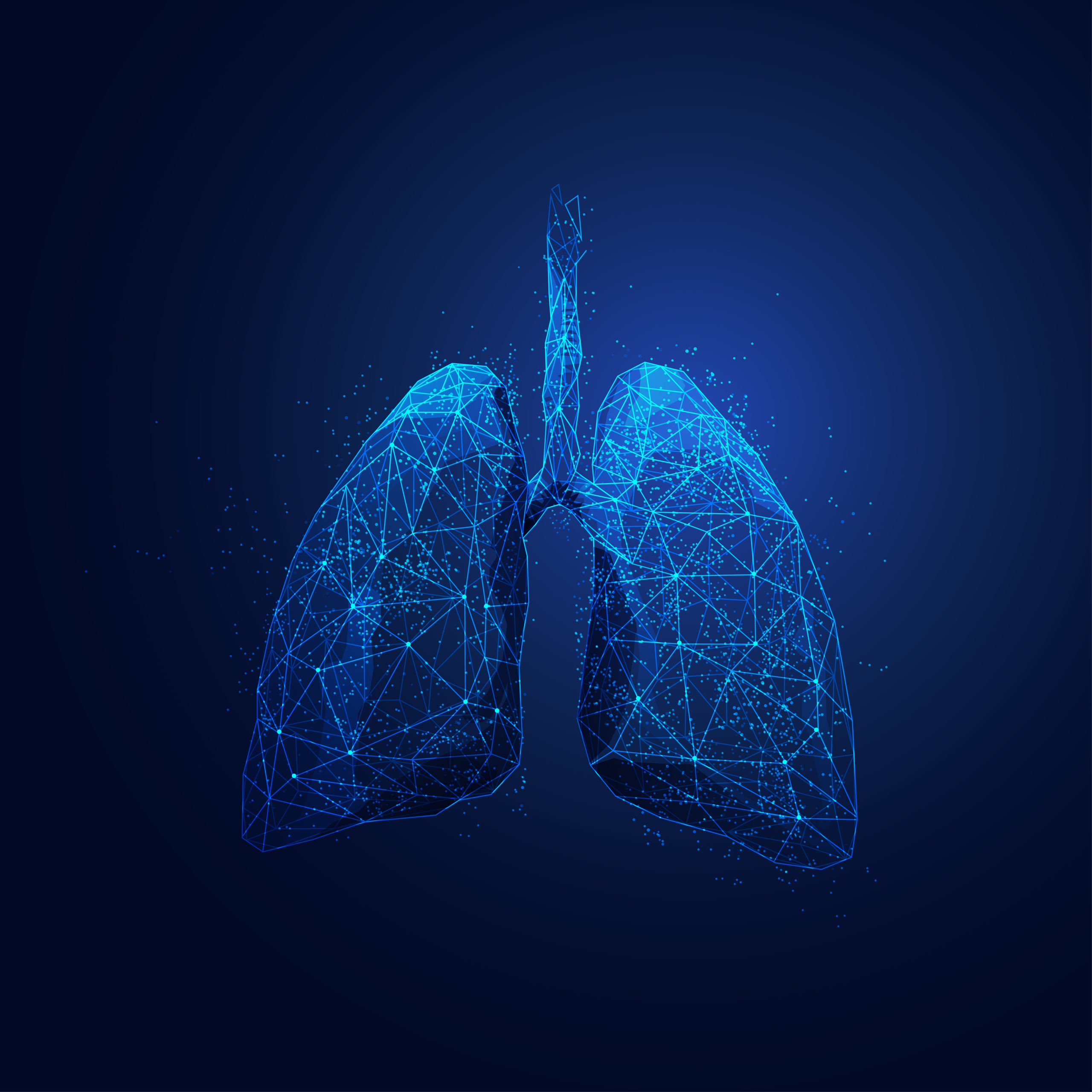Tag: COVID-19
-

How COVID-19 Impacts Cancer Care and Research
The impact of COVID-19 on cancer patients has been a stark reality for many cancer centers around the world. For the Robert H. Lurie Comprehensive Cancer Center of Northwestern University, a combination of time and dedication to patient care and research has resulted in the development of robust COVID-19 testing protocols to ensure the safety…
-

Staying in Contact: Health Investigators Track COVID-19 Cases
The COVID-19 contact tracing process, led by health departments across the state, and coordinated by the Illinois Department of Public Health, involves a team of dedicated team members tracking the spread of the disease.
-

Feinberg Perspectives Podcast Shares Reflections Amid Pandemic
In the second season of Feinberg’s essay-based podcast, Perspectives, members of the Northwestern Medicine community share their experiences and insights from the lab, the clinic and the broader community during the COVID-19 pandemic.
-

Faculty Discuss Current State of the COVID-19 Pandemic
As the COVID-19 pandemic continues, Northwestern Medicine investigators share their expertise about the current state of the pandemic, strategies to help mitigate its impact and what the upcoming flu season may look like.
-

New Strategy Could Boost Coronavirus Vaccine Effectiveness
Blocking the frontline immune response could improve vaccines against viral diseases such as coronaviruses, according to a Northwestern Medicine study.
-

Northwestern Takes on COVID-19 Antibody Testing
At Northwestern Medicine, various COVID-19 antibody testing efforts have been underway since the beginning of the pandemic.
-

Assessing Risk Factors in Critically Ill COVID-19 Patients
Certain factors are associated with increased risk of death in critically ill COVID-19 patients, according to recent Northwestern Medicine studies.
-

Uncovering the Genetic Link Behind the Development of COPD
A Northwestern Medicine study found that inducing inflammation in lung epithelial cells contributes to the development of chronic obstructive pulmonary disease.
-

Medical Student Helps Organize Outreach for Older Adults Experiencing COVID-19 Isolation
Emma Office, a rising second year medical student and co-leader of the student COVID-19 volunteer effort at Feinberg, helped organize a successful phone call outreach program for older adults at risk of experiencing social isolation during the pandemic.
-

COVID-19 Complicates Cancer Treatment
Cancer patients with other comorbidities have a higher risk of dying from complications due to COVID-19, and should discuss the risks and benefits of continuing cancer treatment with their physician, according to a recent study.






